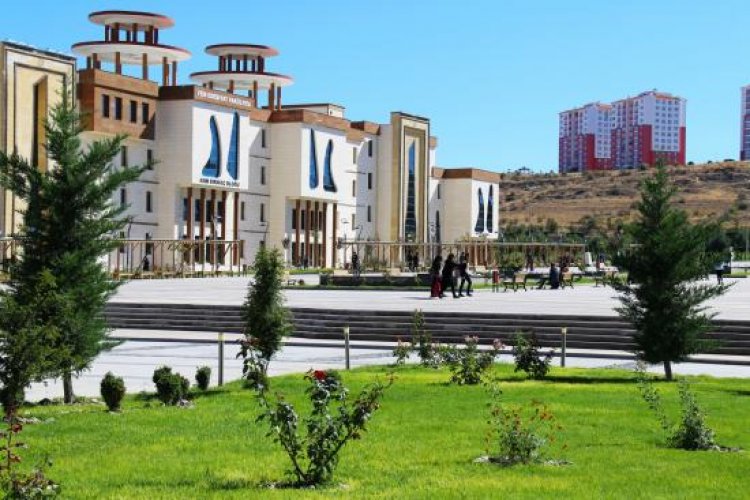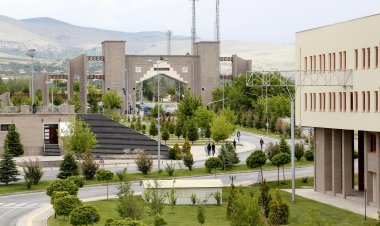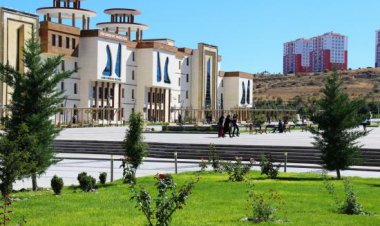Ahiretin varlığına delil olan dünyada yeniden diriltilme örnekleri
Ahiretin varlığına delil olan dünyada yeniden diriltilme örnekleri

Ahiretin varlığına delil olan dünyada yeniden diriltilme örnekleri Namlı, Abdullah Allah, insanları dünyada ebedî kalmak için yaratmamıştır.
Onların kazanmaları gereken ebedî bir ahiret hayatı bulunmaktadır. Allah ve peygamberine imandan sonra yeniden dirilme ve ahirete iman, inanç esaslarının en önemlisidir.
Hz. Âdem’den bu yana insanlığın çoğunluğu ahiret ve yeniden dirilmeye inanmışlardır. Eski çağlardaki medeniyetlerde; Yunan, Mısır, Hint, Türk inancında, Mecûsîlik, Yahûdilik ve Hıristiyanlıkta yeniden dirilme ve ahiret inancı bulunmaktaydı. İlâhî din özelliği taşımayan paganist antik Yunan mitolojisinde dahi yeniden dirilme efsanelerine rastlanılmaktadır.
Arapların dînî inançlarının temeli Hz. İbrâhîm ve Hz. İsmâil’în Haniflik inancına dayanmakla beraber Câhiliyye dönemi müşrikleri genelde ahirete inanmıyorlar, hayatı sırf dünya hayatı olarak tasavvur ediyorlardı. Bu sebeple, müşriklerin yeniden dirilmeyi ve ahireti inkârlarını bertaraf etmek üzere Kur’an’da yeniden diriltilme ve ahiretten bahseden çok sayıda âyet bulunmaktadır.
Kur’an’da, dünyada yeniden diriltilen bazı insanlar ve hayvanlardan da bahsedilmektedir. Hz. İbrâhîm kıssasında, Nemrud’un ilâhlığına delil olarak ileri sürdüğü, hakîkatte Allah’tan başka hiçbir kimsenin sahip olmadığı yeniden diriltme iddiası eleştirilmiştir. Hz. İbrâhîm’e dört farklı kuşu, Allah’ın nasıl dirilttiği yakînen gösterilmiştir. Kur’an’da yer alan diğer yeniden diriltilme örnekleri de; Hz. Mûsâ’nın ümmetinden yetmiş kişinin Tûr’da diriltilmesi, Bakara Mûcizesi, Hz. Süleymân’ın tahtındaki ceset ve yeniden hayat verilmesi, Hz. Eyyûb’a âilesinin geri verilmesi, Hz. Üzeyir’in yüz sene ölü bırakılıp, sonra yeniden diriltilmesidir. Bunlardan en meşhuru, değişik inanç grupları tarafından bilinen “Ashâb-ı Kehf” veya “Yedi Uyurlar” kıssasıdır. Kur’an’da, Hz. Îsâ’nın da mûcize olarak, ölüleri dirilttiğinden bahsedilmektedir.
Abstract Allāh did not create humans to stay on earth forever. They have an eternal hereafter life to earn. After the belief in Allāh and His Prophet, resurrection and belief in the hereafter are the most important principles of belief. Since Adam, the majority of humanity has believed in the hereafter and resurrection. There was belief in resurrection and afterlife in ancient civilizations; in ancient Greek, ancient Egyptian, ancient Indian, ancient Turkish beliefs, Magus, Judaism and Christianity. Even in paganist ancient Greek mythology, which does not have the characteristics of a divine religion, resurrection legends are encountered. The basis of the religious beliefs of Arabs is based on the Hanifism of Ibrāhīm and Ismāʿīl, although the polytheists of the Jāhiliyya period generally did not believe in the afterlife and only perceived life as a worldly existence. For this reason, there are many verses in the Qurʾān that talk about resurrection and the hereafter in order to eliminate the polytheist’s denial of resurrection and the hereafter. In addition, the resurrected beings in the world are also mentioned in the Qurʾān. In the story of Ibrāhīm, the claim of resurrection, which Nimrod put forward as evidence of his divinity, and which, in fact, is not owned by anyone other than Allāh, has been criticized. Because no human has the ability to create and resurrect. Ibrāhīm was shown closely how four different birds were resurrected by Allāh. Ibrāhīm was a person who believed in the hereafter and the resurrection. At his request, Allāh brought four birds back to life so that his heart would be assured and they would be a proof for the people who will live in the future. Some other examples of resurrection in the Qurʾān include the revival of seventy people from the nation of Mūsā at Mount Tūr, the Miracle of al-Baqarah, the corpse on the throne of Sulaymān and its revival, the restoration of Ayyūb’s (Job) family to him, and the revival of Uzayr after being dead for a hundred years. The most famous of these is the story of “Companions of Kahf” or “Seven Sleepers” known by different belief groups. In the Qurʾān, it is mentioned that ʿĪsā, as a miracle, resurrected the dead.

 Bilgi
Bilgi 














